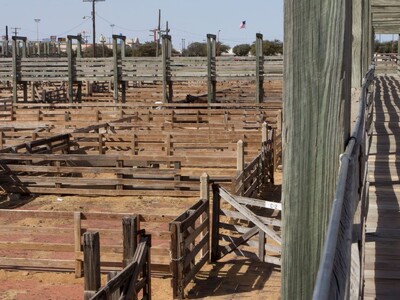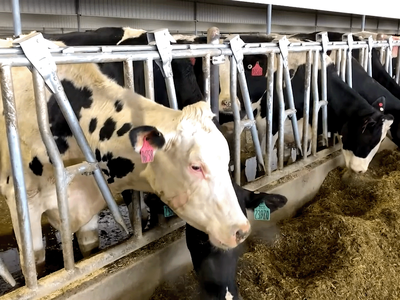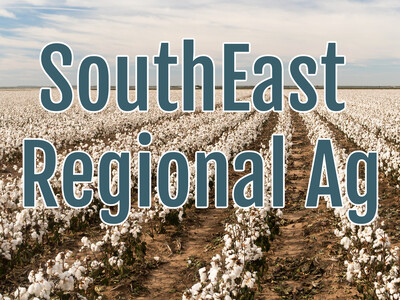Be Bear Aware
Residents can help avoid bear conflicts by storing food and garbage properly. With fall approaching, Idaho’s black bears are on the move and preparing for denning season, seeking out and gobbling up food to help them pack on the pounds.This annual race to put on as much weight as possible before going into hibernation begins in mid-summer and lasts into early fall. Not coincidentally, this time of year is when Fish and Game staff receive the most reports of black bears causing problems in Valley County neighborhoods and elsewhere in Idaho. This year is no exception.
“We’ve had a ton of reports of problem bears coming in from all over the Valley County in the past few weeks,” said District Conservation Officer Marshall Haynes. "And the majority of these bear problems are created by bad human habits in our communities.”
Conflicts happen when bears score an easy meal in town
Heading into the winter, black bears can pack on as much as 30 pounds per week and add about 4-5 inches of body fat prior to denning. To do that, they need to consume around 20,000 calories per day, so bears are continually on the hunt for food that’s high in protein and fat.
In Idaho mountain towns like McCall, Donnelly and Cascade, which sit right in the middle of bear habitat, bears will always move through town looking for good smells and food. Unfortunately, they often find human food sources – such as garbage, pet food or bird feeders – all of which are high in calories and readily available. That’s when the problems start.















